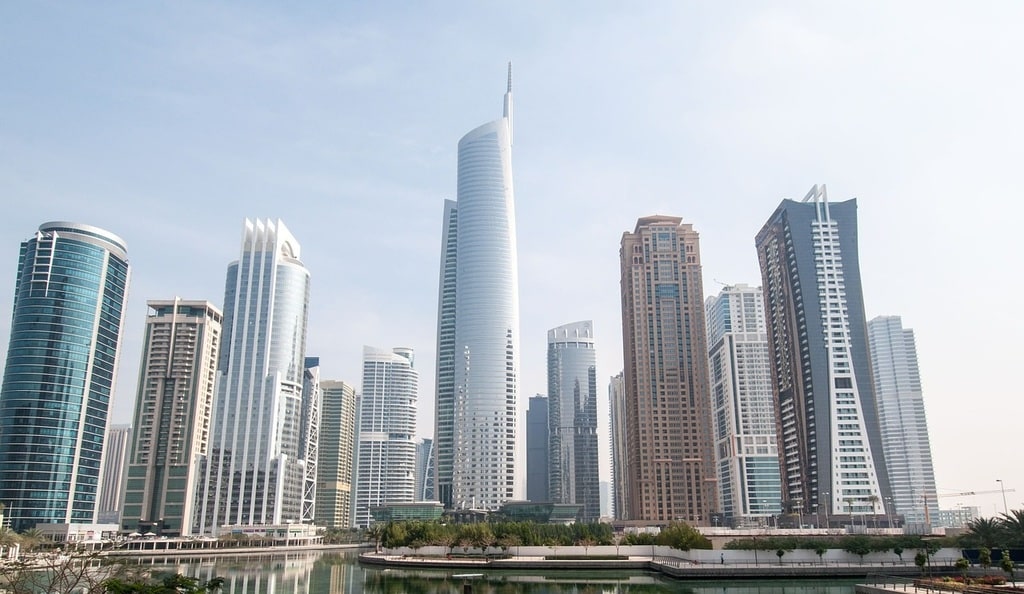Technology has woven itself into the fabric of modern culture, transforming how we live, work, and interact with the world. From the proliferation of smartphones to the advent of social media, the technological advancements of the past few decades have reshaped every aspect of human existence. This dynamic interplay between technology and culture is a defining characteristic of our time, influencing societal norms, communication patterns, and even individual identities.
The Role of Technology in Shaping Modern Culture
The impact of technology on modern culture is profound and multifaceted. One of the most significant changes is in the way we communicate. Social media platforms like Facebook, Twitter, and Instagram have revolutionized interpersonal communication, making it possible to connect with anyone, anywhere, at any time. These platforms have created new forms of social interaction and have given rise to a global culture where information is shared instantly.
Another critical aspect is the influence of technology on entertainment. Streaming services such as Netflix, Hulu, and Spotify have changed how people consume media. The ability to access vast libraries of movies, TV shows, and music at the click of a button has led to a culture of on-demand entertainment. This shift has not only changed viewing habits but also impacted the production and distribution of content, with creators now focusing on digital platforms to reach their audiences.

Education and Information Access
Technology has democratized access to information and education. Online learning platforms like Coursera, Khan Academy, and edX provide access to courses from top universities, making education more accessible to people around the world. This has led to a more informed and educated society, where knowledge is no longer confined to the privileged few.
In addition, the internet has become a vast repository of information, enabling people to learn about virtually any topic with a simple search. This ease of access has empowered individuals to educate themselves and stay informed about current events, trends, and discoveries, fostering a culture of continuous learning and curiosity.
The Workplace Transformation
The workplace has also been significantly affected by technological advancements. Remote work, once a rarity, has become commonplace due to the availability of communication tools like Zoom, Slack, and Microsoft Teams. This shift has not only changed the physical landscape of work but also influenced work culture, promoting flexibility and work-life balance.
Technology has also driven innovation in various industries, leading to the creation of new job roles and opportunities. Automation and artificial intelligence have transformed manufacturing, healthcare, finance, and other sectors, enhancing efficiency and productivity. However, these advancements have also raised concerns about job displacement and the need for continuous skill development to stay relevant in an ever-evolving job market.
Social and Cultural Shifts Driven by Technology
The pervasive influence of technology extends to social and cultural domains. Social media has become a powerful tool for activism and social change, enabling movements like #MeToo and Black Lives Matter to gain momentum and visibility. These platforms have given a voice to marginalized communities and facilitated global conversations about social justice, equality, and human rights.
In the realm of personal identity, technology has provided new ways for individuals to express themselves and connect with like-minded people. Online communities and forums offer spaces for people to share their interests, experiences, and identities, fostering a sense of belonging and acceptance. This has been particularly impactful for LGBTQ+ individuals and other marginalized groups who may not find support in their immediate physical environments.
- The transformative effects of technology on modern culture are manifold:
- Enhanced global communication and connectivity.
- Shifts in media consumption and production.
- Increased access to education and information.
- Changes in workplace dynamics and job roles.
- Empowerment of social movements and marginalized communities.
- New forms of personal expression and community building.
The Challenges and Ethical Considerations
While the benefits of technology are undeniable, there are also significant challenges and ethical considerations. The rise of digital surveillance, data privacy concerns, and the spread of misinformation are pressing issues that need to be addressed. The influence of technology on mental health is another area of concern, with studies linking excessive social media use to anxiety, depression, and other mental health issues.
The digital divide remains a critical challenge, as not everyone has equal access to technology and the internet. This disparity can exacerbate existing inequalities and limit opportunities for those without access to digital resources. Addressing these issues requires a concerted effort from governments, organizations, and individuals to ensure that the benefits of technology are equitably distributed.
The Path Forward: embracing Technological Change
As we move forward, it is essential to navigate the intersection of technology and culture thoughtfully and responsibly. Embracing technological advancements while addressing the associated challenges will be key to shaping a future where technology enhances human potential and fosters a more inclusive and connected global society.
In conclusion, the impact of technology on modern culture is vast and complex. It has transformed communication, entertainment, education, work, and social interactions, shaping the way we live and perceive the world. By recognizing and addressing the challenges that come with technological progress, we can harness its power to create a more informed, connected, and equitable world.
